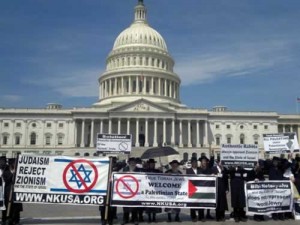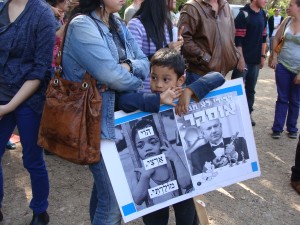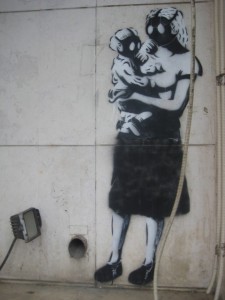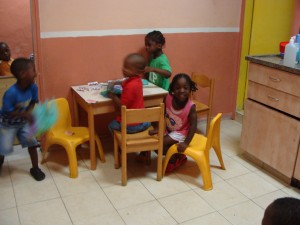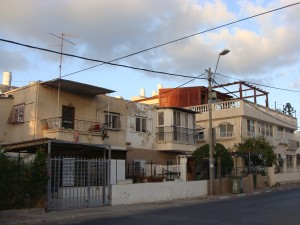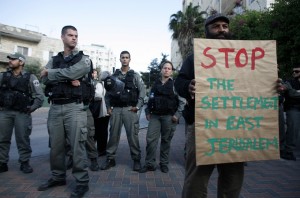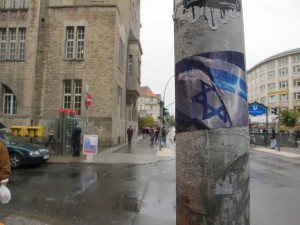 Souciant, June 8, 2011
Souciant, June 8, 2011
Israeli Prime Minister Benjamin Netanyahu stood before a special joint session of the United States Congress. A foreign leader, he looked at home as he thumbed his nose at US President Barack Obama. Just days before, Obama had reaffirmed his administration’s commitment to two states—one for the Palestinians, the other for Israelis—based on pre-Six Day War borders. Netanyahu defied Obama as he told Congress (and international audiences watching the live broadcast) that Israel would not withdraw to the 1967 lines.
Netanyahu’s words were the final nail in the coffin of the twenty-six year old ‘peace process’, which had begun under the sponsorship of his former archrival, the late Israeli Prime Minister Yitzhak Rabin. They also marked a gulf between Congress and the President. And it is here, in this space, that a unique opportunity for the American public suddenly emerged.
